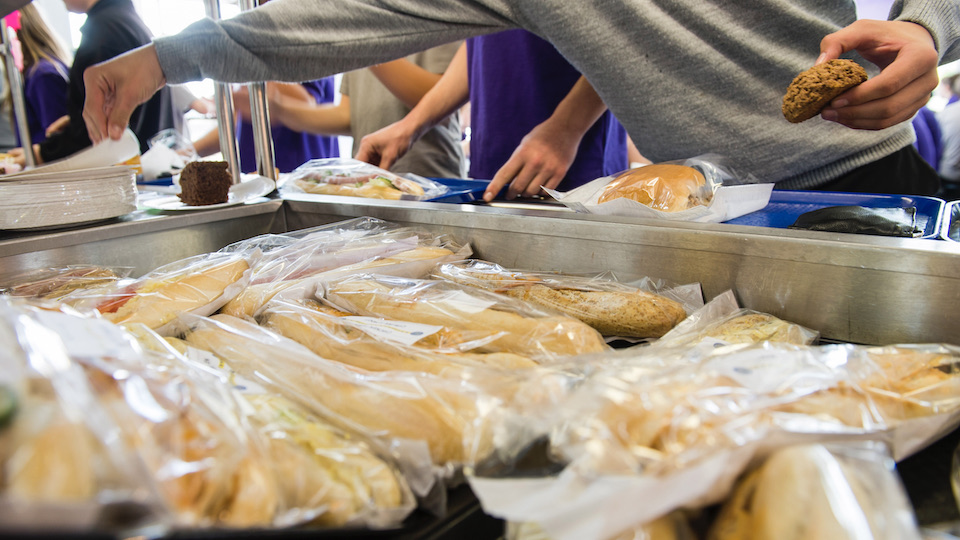Scottish schools forgo facial recognition for now

Just last week, nine schools in North Ayrshire, Scotland, introduced facial recognition in their canteens. Now the project has been suspended for the time being. A school in England has also decided to stop using the recognition technology.
Since Monday of last week, students at the affected schools have been able to pay for their lunch using facial recognition (in German). However, on Friday, North Ayrshire Council announced on Twitter that it was shutting down the payment system for the time being. It said it had received a number of queries about the facial recognition system, which will now be investigated and responded to.
The UK’s data protection authority, the ICO, had previously announced that it would discuss the use of the technology with the local council. The agency had pointed out that data protection laws provide special protection for children. If possible, facial recognition should be avoided. If the recognition technology is used, the Data Protection Act must be adhered to.
The local council said that for the time being, all students should continue to use a secret code (PIN) for payments in the school canteens. The PIN was intended as an alternative if parents or children did not want to agree to facial recognition.
Children as "guinea pigs”
Defend Digital Me, an organization specializing in children’s digital rights, welcomed the decision. On Twitter, it wrote: “Let’s hope it’s a lasting choice.” The organization’s executive director, Jen Persson, criticized the use of facial recognition in schools to the BBC, saying children were being used as guinea pigs for a technology that heavily encroached on privacy.
Facial images are biometric data. This data is particularly sensitive because it cannot be changed. People can thus be identified by them for a lifetime.
As the BBC reports, as a result of the incidents, Great Academy Ashton in Ashton-under-Lyne near Manchester has decided to completely stop the introduction of a facial recognition system. According to the school’s principal, the comments made by the data protection authority prompted the decision. However, the school wants to continue using fingerprints for payments in the canteen, which is also sensitive biometric data.
Facial recognition in schools criticized
Prior to the decision, there had been sharp criticism of facial recognition in schools: Silkie Carlo from the civil rights organization Big Brother Watch had told the Guardian that this was highly sensitive personal data and that children should be taught to protect it. She had further criticized, “No child should have to go through border-style identity checks just to get a school meal.” The organization called the temporary halt to facial recognition “fantastic news” on Twitter.
Fraser Sampson, Biometrics and Surveillance Camera Commissioner in England and Wales, had also called the use of facial recognition tricky in that there was a risk of “normalizing” the use of biometric data.
Defend Digital Me had called facial recognition an “excessive interference with children’s right to protection of their privacy.” In a democratic society, it was “unnecessary.” According to the local council, 97 percent of the children or their parents had consented to use the new system. Defend Digital Me, on the other hand, had said the facial recognition system was probably illegal.
In 2018, a Swedish school had also used facial recognition to monitor student attendance. There had also been similar projects in France. However, the responsible data protection authorities had stopped the monitoring technology in each case. According to them, the consent of students or parents was not an appropriate legal basis for processing biometric data. The Swedish authority had found that the imbalance of power between students and schools could exert pressure to accept the use of facial recognition technology. A French court had argued similarly (in French) in 2020. (js)